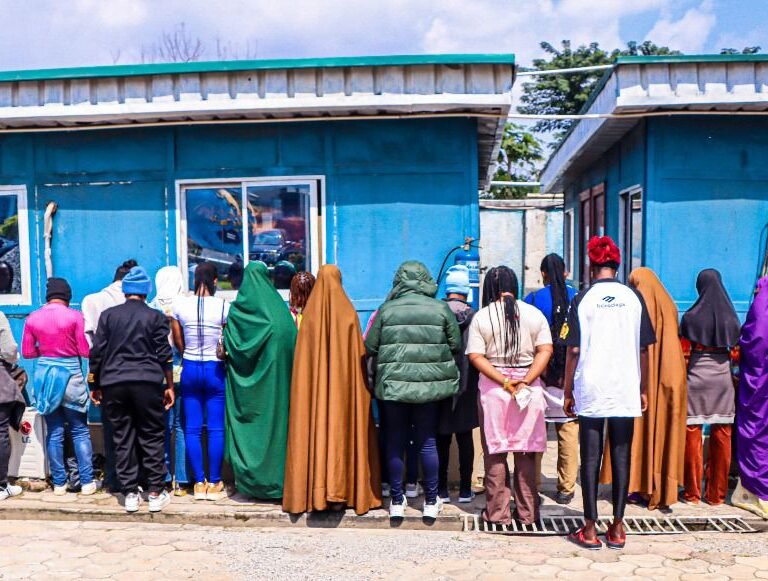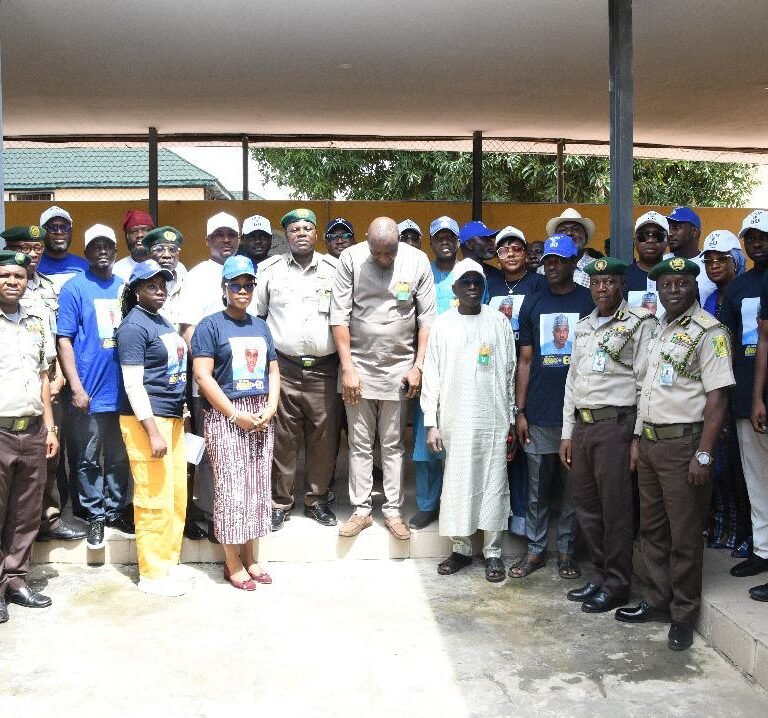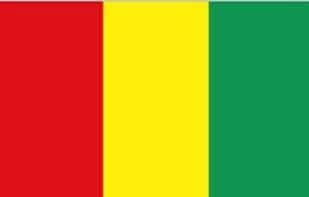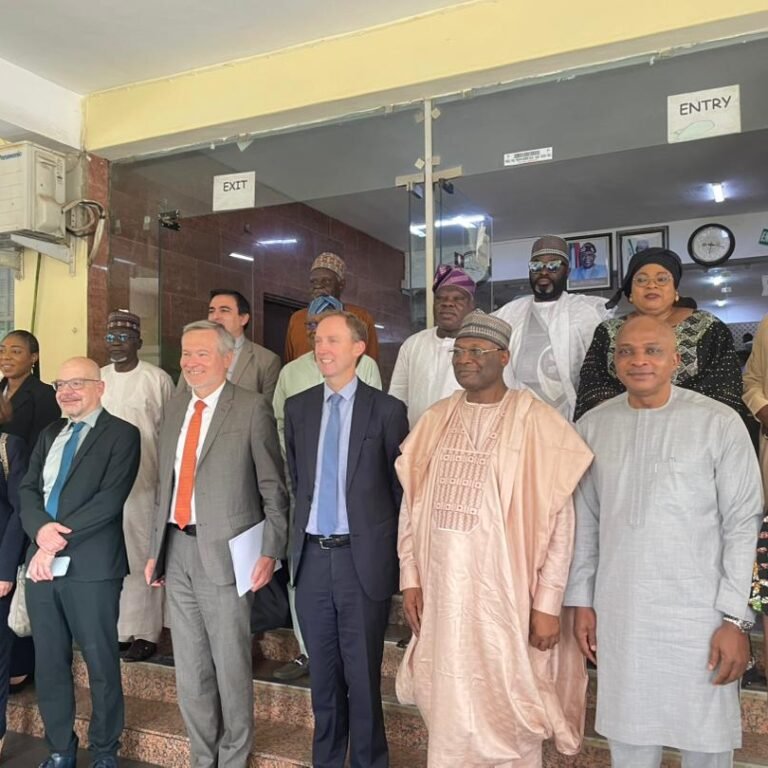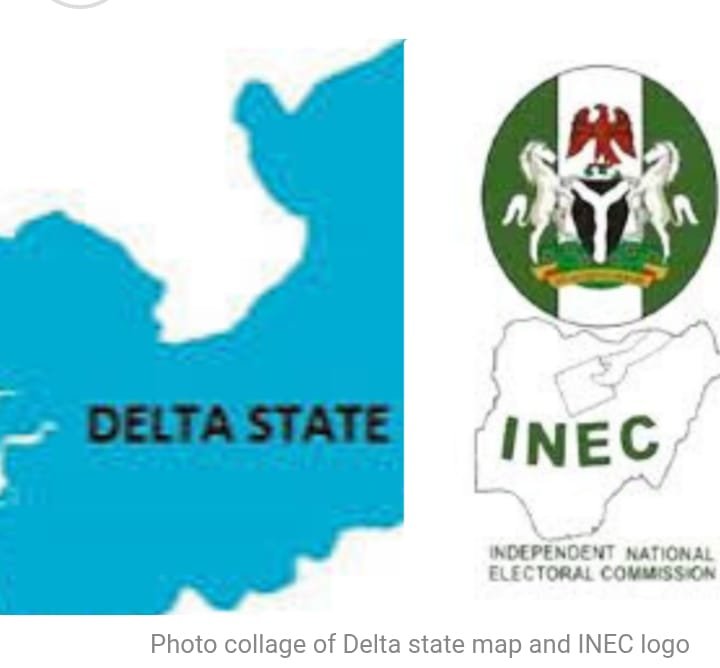
Rising ethnic tensions and political discontent threaten oil output in Niger Delta
Tensions flared in Delta State on Monday as members of the Itsekiri ethnic group staged a major protest against the Independent National Electoral Commission’s (INEC) proposed delineation of electoral wards in the Warri Federal Constituency. The protest led to the shutdown of a vital oil facility producing 28,000 barrels of crude oil per day.
The facility—formerly operated by Shell and now managed by Renaissance Africa Energy Holdings—is located in the oil-rich Warri South-West Local Government Area. By midday, hundreds of Itsekiri men, women, and youths peacefully occupied the site, wielding placards and chanting slogans decrying what they described as “a calculated attempt at political erasure.”
“We Say No to Political Extinction”
At the heart of the protest is INEC’s controversial reconfiguration of wards and polling units in Warri South, Warri South-West, and Warri North Local Government Areas. Protesters argue the delineation ignores historical boundaries, population realities, and the legitimate interests of the Itsekiri people.
“This is nothing short of ethnic cleansing through bureaucracy,” said one protester, Tosan, who joined others carrying placards that read: “We Say No to Political Extinction,” “INEC Must Respect Historical Realities,” and “Itsekiri Cannot Be Wiped Off Politically.”
Oil Output Threatened as Protests Spread
There are growing fears that if the issue remains unresolved, the protests could escalate and spread to other oil and gas installations in Itsekiri territory, threatening national oil production. Delta State remains one of Nigeria’s most strategic oil-producing regions.
A community leader warned, “This is just the beginning. If our voices continue to be ignored, more shutdowns will follow.”
Itsekiri Leaders Accuse INEC of Bias, Plan Legal Action
In a press conference held on Sunday, the Itsekiri Leaders of Thought, a key socio-political group, condemned the delineation exercise. Its Secretary, Mr. Amorighoye Mene, accused INEC of excluding the Itsekiri community during the stakeholder consultations.
“We were not given a chance to speak during the unveiling,” Mene said. “After reviewing the documents, we categorically reject the outcome. INEC’s actions are unjust and unconstitutional.”
Mene confirmed that legal action is being considered to challenge the delineation in court.
Background: Supreme Court Order Sparks New Dispute
INEC’s ward delineation follows a Supreme Court ruling mandating a fresh configuration of electoral boundaries in the Warri Federal Constituency. The aim was to correct long-standing imbalances in political representation. However, Itsekiri leaders say the new map only deepens existing divisions and marginalization.
“We will not allow anyone to erase us politically,” declared an elder from Warri South-West. “Our history is not up for negotiation.”
National Implications
While Monday’s protest remained peaceful, the shutdown of a key oil facility signals a growing crisis with national implications. As INEC faces pressure to revisit its controversial decision, stakeholders fear the dispute could spiral into wider unrest in the Niger Delta.
For now, oil production in one of Nigeria’s strategic installations remains suspended—sending a clear message from the Itsekiri nation: their voice and identity will not be sidelined.



